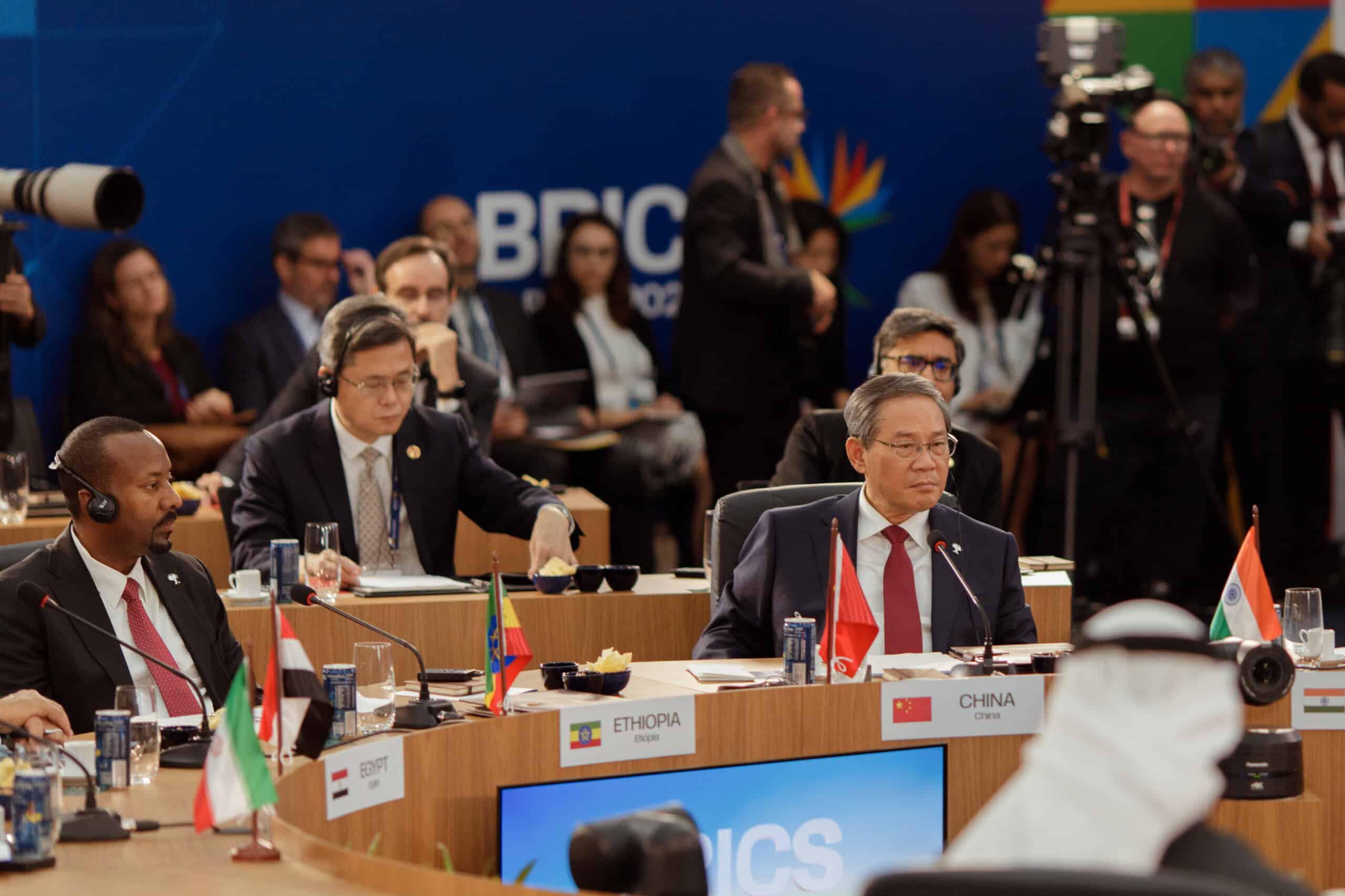Stephen J. Hadley has long played a leading role in national security issues for Republican administrations. As a Pentagon aide under George H.W. Bush, Hadley worked mainly on issues involving nuclear weapons and NATO. Under George W. Bush, Hadley had a broader mandate first as deputy national security adviser where, among other things, he helped prepare arguments to support the invasion of Iraq. Later, as national security adviser, he helped craft the administration’s engagement policy t
Navigate China's Business Landscape with Confidence.
- Gain visibility into supplier risks
- Easily manage trade compliance
- Conduct in-depth due diligence



